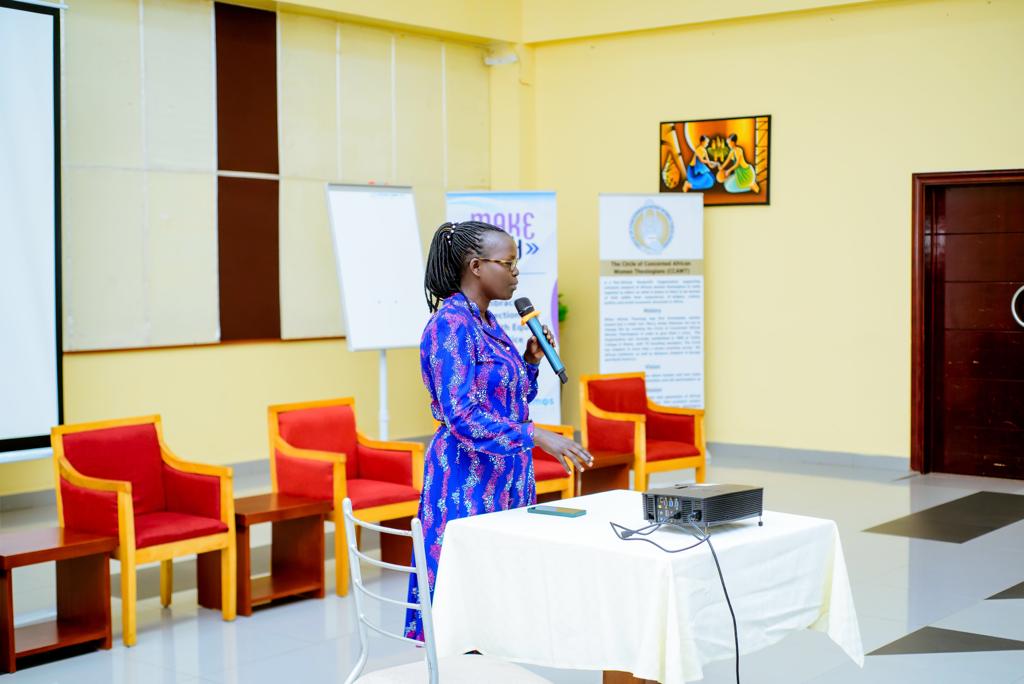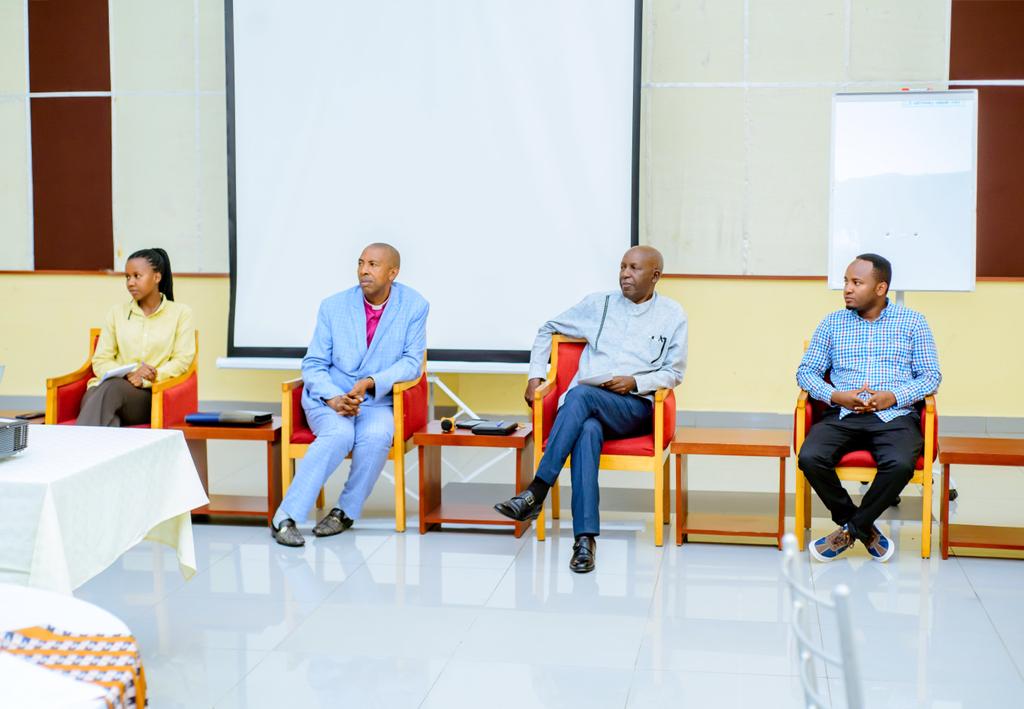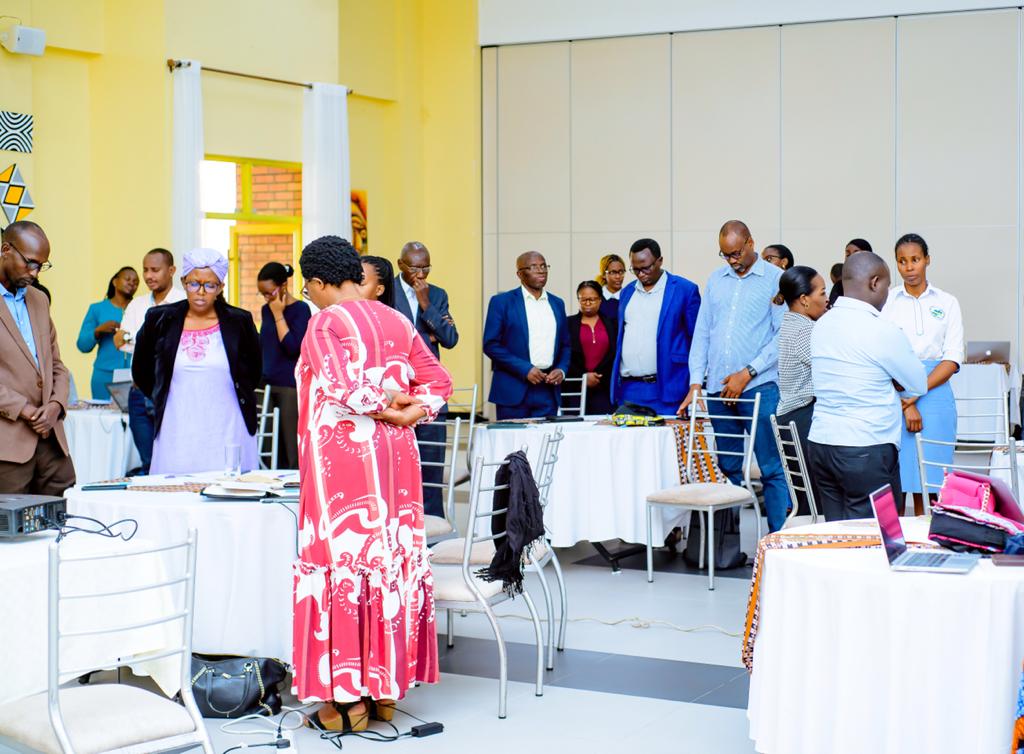The Circle of Concerned African Women Theologians in Rwanda (CIRCLE) in collaboration with the Circle of Concerned African Women Theologians Kenya the regional office disseminated research findings on “Religious leaders’ perceptions on Sexual Reproductive Health Rights of youth with compounded Vulnerabilities” on February 19 th , 2024.
This study was conducted in Rusizi, Gasaba and Nyagate Districts under the Make Way programme that operates in 5 African countries including Rwanda where 14 non-governmental organizations lobby and advocate for sexual reproductive health rights among youth with compound vulnerabilities.
Rev. Dr Nagaju Muke the leader of Circle Rwanda explained that as SRH issues are considered a taboo topic in religious settings, the research was conducted to establish if religious leaders support the youth to access SRH information and services. High levels of teenage pregnancy can be attributed to lack of SRH information.

The Executive Secretary of the Circle of Concerned African Women Theologians in Rwanda, Rev. Mukamakaza Thérèse, also said that many religious people do not teach about sexual reproductive health, yet it is a life created by God and the word of God talks about it.
She said, "Sexual Reproductive Health is not far from the word of God because even in the Bible there are many references such as Genesis chapter 1, where God told those he had created to 'be fruitful and multiply& 39;. It means that reproductive health is an act of God’s will that should be discussed by God’s people.
She continued saying, "Lack of information on ,SRH is a problem that concerns us because we have young people in the churches who should get the information and know how to behave.

The research findings revealed varied opinions as some of the respondents were of the view that SRH issues should not be discussed by religious leaders and that their role was to pray and preach the word of God.
Others said that that religious leaders should talk about SRH have knowledge about reproductive health to discuss it with the youth based on the Word of God.
Young people in churches should be given information on SRH so that they know how they behave and make the right decisions for their lives because although it is not mentioned, the consequences of being silent on SRH affect many sectors including religious communities.
The research also showed that there was still a low level of awareness among religious people about reproductive health.
This is why Circle Rwanda invited church leaders to join other organizations to create awareness on SRH to increase knowledge.
A girl who was raped and impregnated at a young age, testified about how she grew up in a religious family but was not given information about reproductive health, which ruined her life.
She said, “Parents and religious leaders should talk to children to guide them. If my parents told me that when I was raped, I would go to the Isange One Stop Center or a health center, it would have helped me know where to go, but I had no other information. “
Religious people are also advised to support pregnant teenagers instead of excommunicating them from church services. Instead, the church should provide them with a safe place.
Bishop Dr. Bunini Gahungu, the leader of the Evangelical Alliance, asked the religious leaders to increase their knowledge and speak about SRH related issues in their teachings, because the consequences of not discussing it with the youth will have negative effects.



















